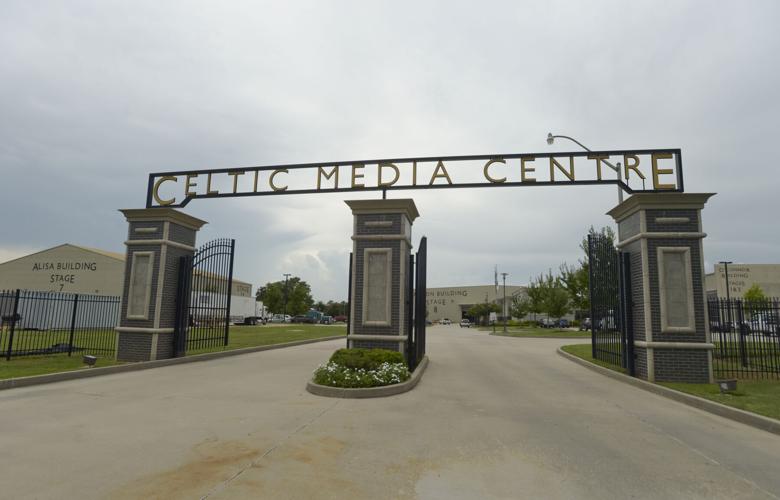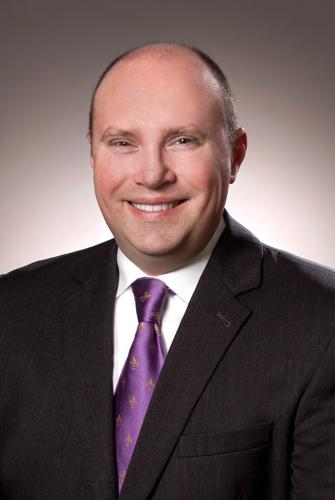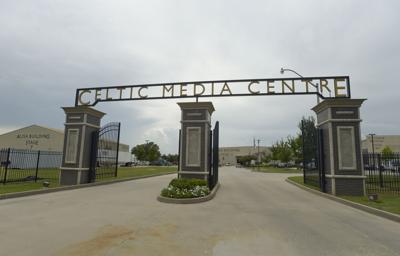The inaugural Baton Rouge Underground Film Festival, happening this week, is more than just a chance to escape into the gloriously air-conditioned Manship Theatre. Its significance goes far beyond offering filmmakers, producers and cinephiles the chance to connect and experience amazing films most will never see on the big screen anywhere else.
For the city and Louisiana’s creative economy, BRUFF is important stuff — and it deserves the support of our community and local leaders.
While Baton Rouge is rightfully leaning into our growing reputation as the “College Sports Capital of America,” it’s probably a surprise to many that we have a legitimate claim to another impressive title: The Birthplace of Modern Independent Film. The current state of the industry in Louisiana and throughout the nation underscores why leaning into that title could be more important than ever.
But first, let’s look at how we earned that title. Way back in 1988, a young University High graduate named Steven Soderbergh shot a film in Baton Rouge called "Sex, Lies, and Videotape," completely outside the traditional Hollywood studio system.
The film was widely credited with putting the now-prestigious Sundance Film Festival on the map when it screened there in 1989 and won the coveted Palme d’Or at the Cannes Film Festival in France that same year. With a production budget of just $1.2 million, the film was acquired by Miramax and grossed over $36 million at the box office.
"Sex, Lies, and Videotape" is often cited as the film that kicked off the “modern independent film movement” in America, in addition to catapulting Steven Soderbergh’s career. While his films have gone on to gross over $2.3 billion, Soderbergh moved away from Louisiana decades ago.

Patrick Mulhearn
Baton Rouge would be wise to nurture and support the next Soderberghs, whoever they might be. With LSU, Southern and Baton Rouge Community College, Baton Rouge is still that same college town that produced the famous director. College towns are often fertile grounds for producing brilliant minds, creative ideas and collaborations between great storytellers. Austin helped establish the careers of Richard Linklater, Robert Rodriguez, Terrence Malick, Mike Judge and numerous others. More importantly, it built the support systems to keep them there.
Just because Louisiana’s best and brightest have had an oversized influence on the world of entertainment doesn’t mean they have to be our state’s No. 1 export.
Like many states, Louisiana invested heavily in the film industry by incentivizing production through tax credits over the past 20 years. That investment bore many fruits in the form of thousands of jobs created from hundreds of productions, generating billions in economic impact and windfalls for local businesses and payrolls for local residents. Our local crews grew so experienced and skilled, we produced seven films that were nominated for Best Picture in just over a decade.
But we let our own content creators — like Tyler Perry and the Duplass brothers — move away, and we grew way too dependent on outsiders to bring us production work.
Today, corporate Hollywood mostly greenlights reboots and sequels of past hits while making fewer original projects — many filmed overseas to cut costs and avoid our unions.
Sound stages from Louisiana to California sit empty as skilled film crews across the nation wait for work that never seems to come. Incredible scripts with great stories and wildly original ideas collect dust as talented actors pray for their phones to ring. Too many have simply given up on their dreams and moved on.
With its “Welcome, Underdogs” slogan and its mission to champion filmmakers who are bold enough to find the resources to greenlight their own projects, BRUFF can be a rallying point — if not the beginning of a new movement — to disrupt the Hollywood system that is currently failing Louisiana and many other states. With Louisiana's $125 million annual tax incentive program, state officials, industry insiders and community leaders should attend as many BRUFF industry panels as possible to understand what needs to happen to get our crews back to work here and residuals flowing back to Louisiana investors and content creators.
If modern independent film was born in Baton Rouge just over 35 years ago, BRUFF gives us the opportunity to bring it back home — and this time, build the support system to keep it here for generations to come.



